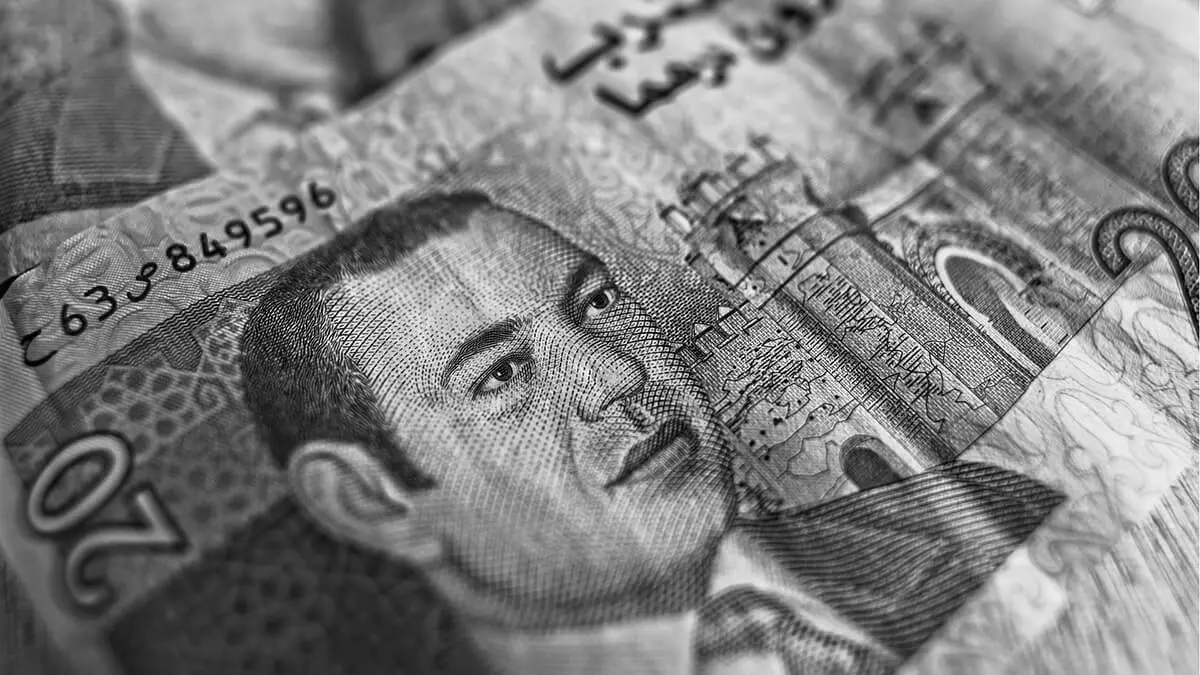The draft Finance law in Morocco

Francis Ford Coppola on politics, knowledge and finance:
"Finance is a gun. Politics is knowing when to shoot".
I will not talk about figures, that is the prerogative of French-speaking Moroccan newspapers. I will talk about some brief observations on this law. But before that, let me talk about something that I think is important. In our country, everything to do with the economy is the prerogative of "the experts", not the public. Just look, for example, at the weak presence of "parliamentarians" during the discussion session of the Finance law (less than 100 out of more than 500 parliamentarians in both chambers), because they know that everything concerning economy, finance and business is the business of competent and powerful experts. What about the citizen? The only thing the citizen is interested in is the next increase in "butane gas" and not the 500 dirhams he is promised.
A press release was published evoking the four main axes of the next Finance law. I am going to talk about some of them, and for those who are interested, I say that there are university professors who go into the details of the finance law. I will not hide the fact that I am one of their readers. In this regard, let me pay tribute to all the professors, whether right-wing, left-wing or apolitical, who have recently taught me how to wield the stick of finance, taxation, the organic law of finance and micro and macroeconomics.
The first axis is "the implementation of the programme for the reconstruction and general improvement of the regions affected by the Haouz earthquake". Here I will talk about two things, the Rif earthquake (2004) and the Al-Haouz earthquake (2023).
Before 2004, the Rif region was known only for drug trafficking and the citizen of every city and town in Morocco imagined that the people of this region lived in luxury and abundance. The Rif earthquake proved otherwise, in particular the second Moroccan channel (2M) and its "report" on the day of the earthquake in Imzouren (a small village in the province of Al Hoceima), where some inhabitants tried to save the lives of other citizens by primitive means. And it was national and popular solidarity with the inhabitants of the Rif, before state solidarity.
With the Al-Haouz earthquake in 2023, some have spoken of the extreme poverty of the region, as shown by official statistics (HCP and others). However, we have heard of gold mines and other mines in this region. Since then, the government has not pronounced itself on what happened to these mines on the day of the earthquake, and the opposition (parliamentary and others) have not completed the analyses initiated after this terrible drama. There is a terrible silence on this issue.
The second axis concerns the "social state" (to be brief because all four axes are available on the Internet). Here I will talk about the recent increase of "SMIG" for industry and "SMAG" for agriculture. Here it must be said that wage increases have been almost non-existent for a long time, and not only in this law. This point is enough to talk about the fact that all laws are not about the "social state" but about "fiscal balances". On this subject, let me digress a little on equal pay for men and women.
On this subject, the website "lesglorieuses.fr" reports that women in Europe will work "for free" from 6 November to 31 December 2023. In Morocco, women have been working for free for a long time.
The third axis concerns "structural reforms". The draft finance law for 2024 speaks at this level, among other things, of justice reform, the implementation of the Investment Charter and reforms in the sectors of agriculture, tourism and administration. I have a simple question: are these reforms an internal necessity or dictated by international organisations? I know, like you, that the finance law of previous years was decided by experts from the World Bank, who come every time and ask for reports and figures, in particular from the Ministry of Finance. The finance law is drafted by "specialists and experts". I do not mean the executives (real specialists in their fields) who exist in all ministries, in particular in the Ministry of Finance.
The fourth and last axis refers to "strengthening the sustainability of public finances". It concerns fiscal reform, including the "Fiscal Constitution" (what in insider jargon we call LOLF n°130/13 [organic law relating to the finance law]), which determines the implementation of the finance laws and modifies them (as was the case during the COVID-19 pandemic), as well as the settlement laws (in the presentation of the actual accounts each year, Morocco is lagging behind at this level). As everyone knows, the finance law is a probability based on possible data on GDP growth, on a good or bad agricultural year (and therefore on rainfall, which has been known for a long time: to govern in Morocco is to rain) and on the price of oil and gas.
Finally, I must say something important to me: the debate on financial laws should be the prerogative of all citizens, because there are real experts, both on the right and on the left, sometimes apolitical, who can discuss the details of budgets and propose fundamental amendments. Unfortunately in our country there is a total absence of freedom of expression and opinion.

